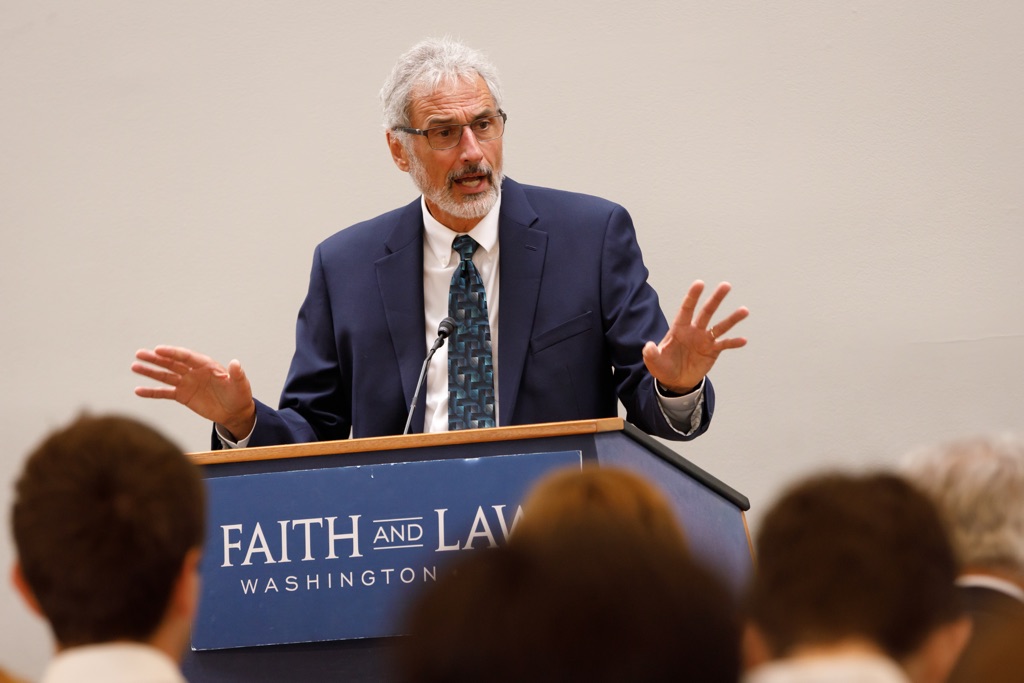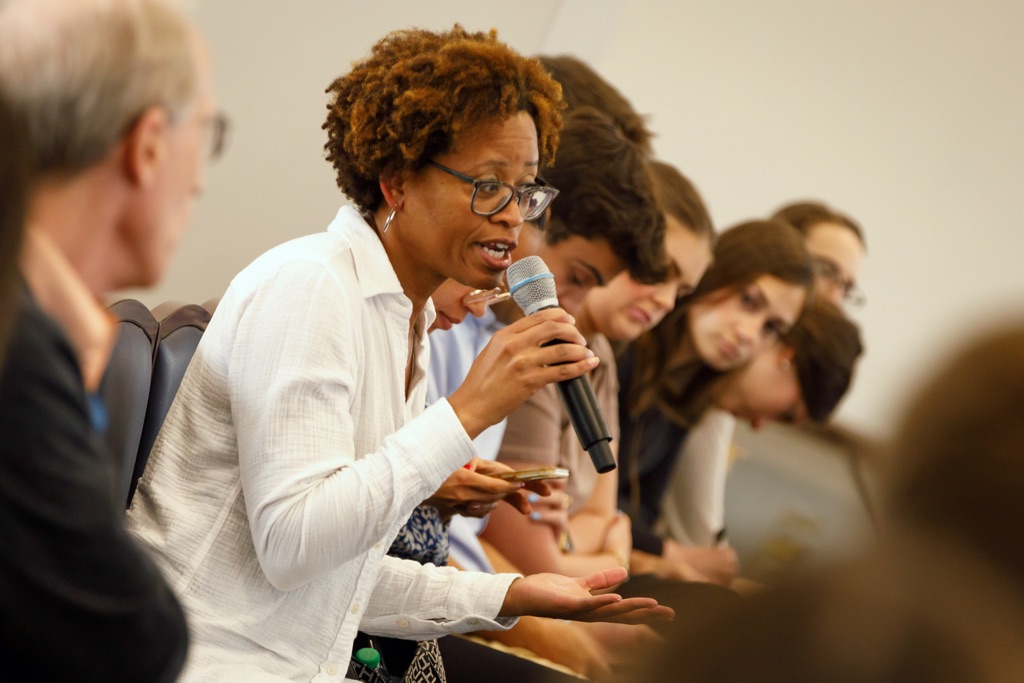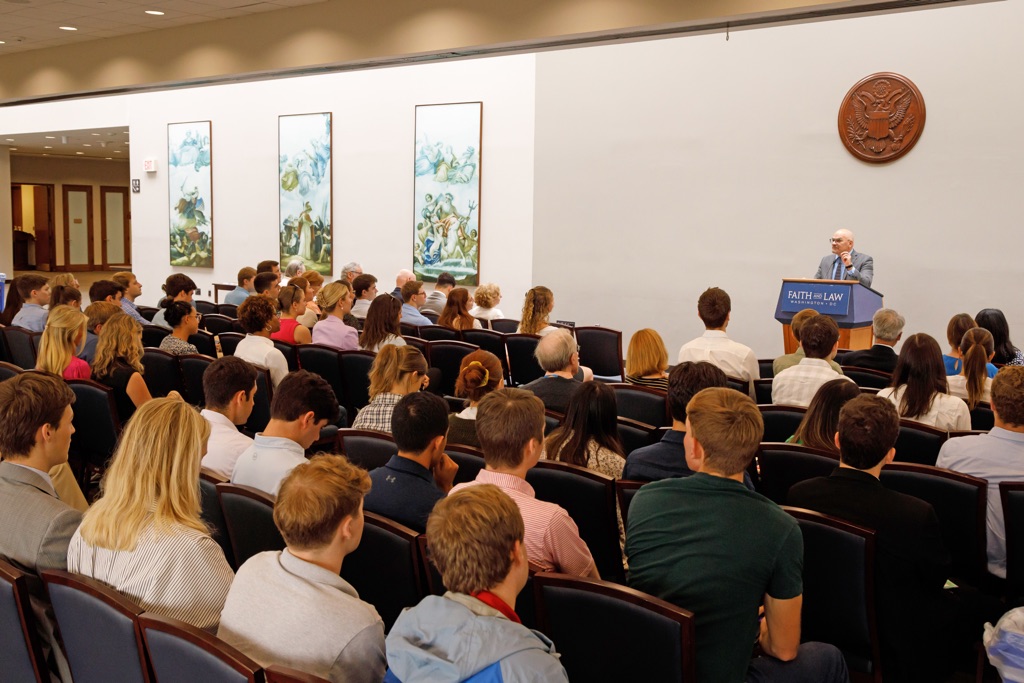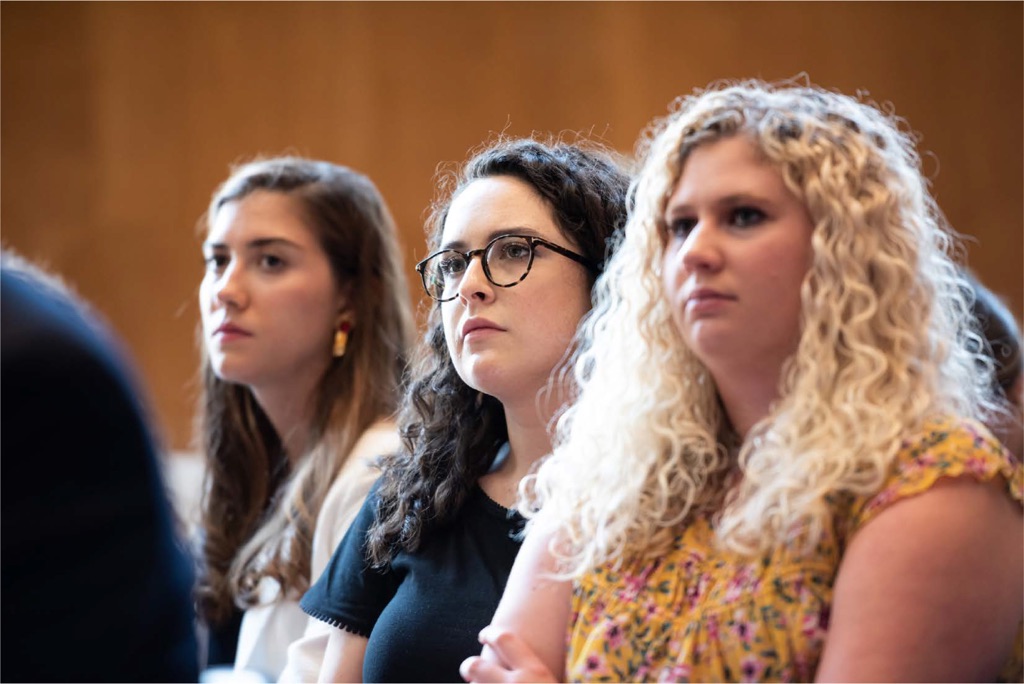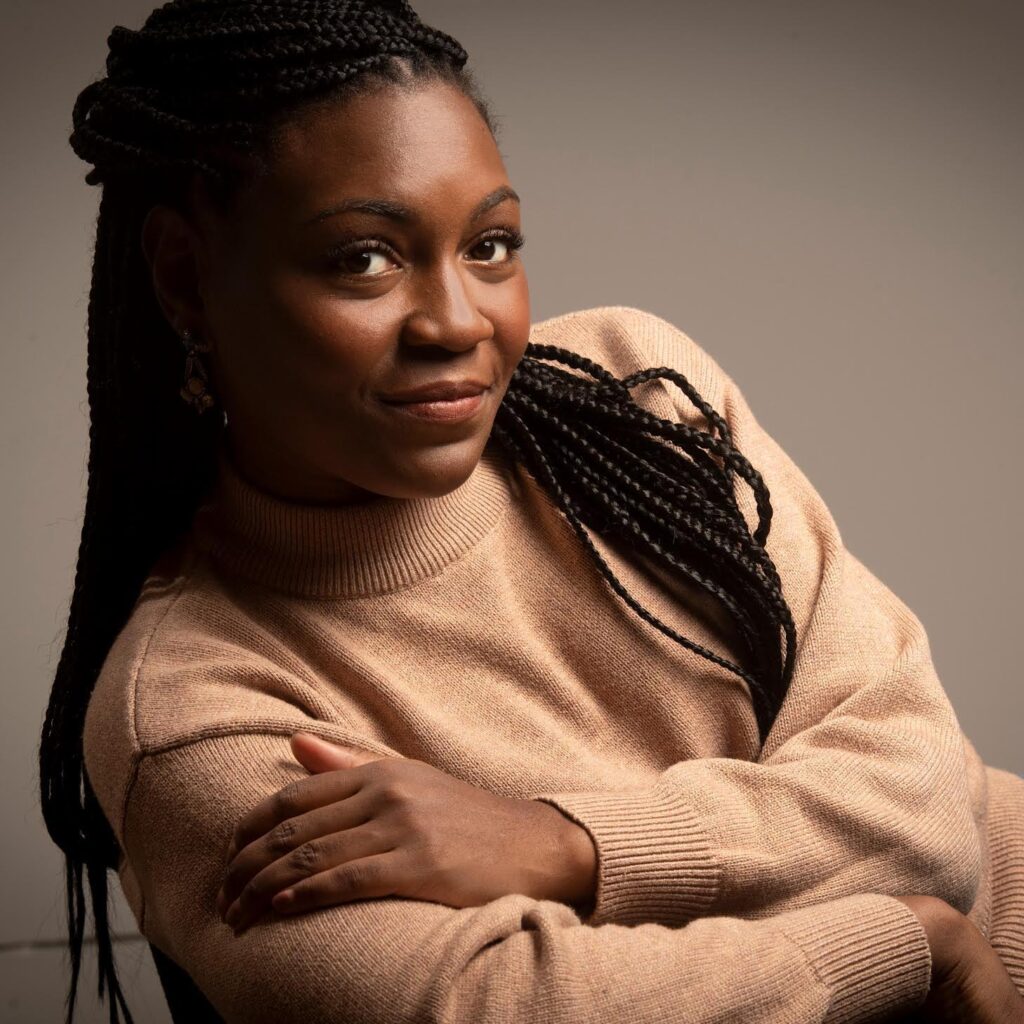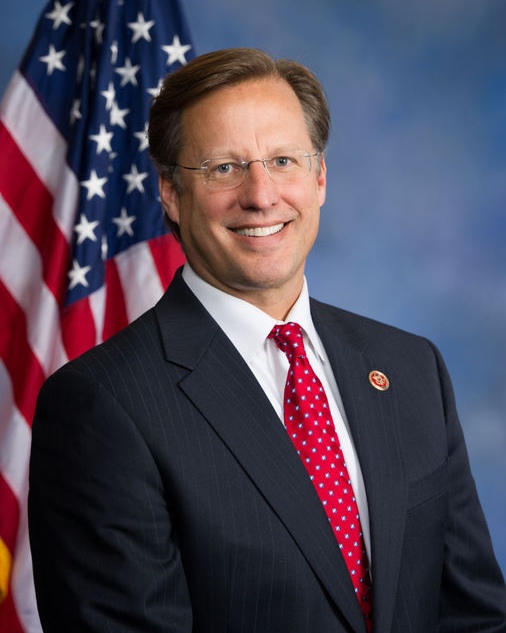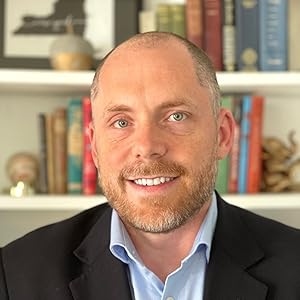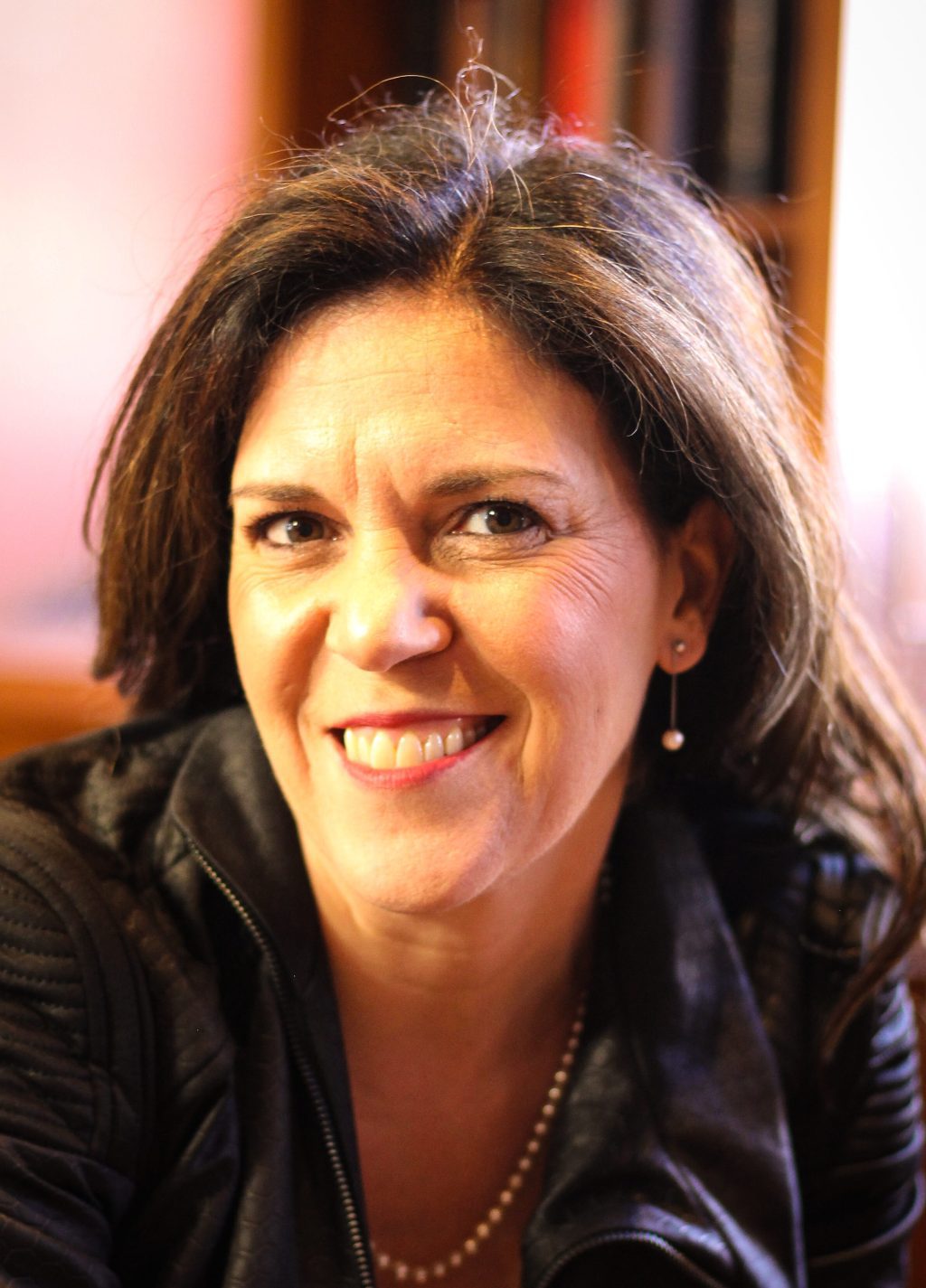
Humanizing Education Policy
Americans have long cared about preserving a tradition of liberal arts education, seeing it as key to a free society of citizens with both the knowledge and virtue to sustain self-governance and to advance social order and prosperity. In this webinar, Professor Mooney will analyze the major philosophical debates about educational policy, such as between pragmatist, Marxist, classical liberal and Christian views of education. She will explain key principles that could shape the goals and practices of American educational policies, curricula, and institutions. Based on the conviction that humans are created in the image of God, a good, practical and just education should focus on learning as an end in and of itself that forms intellectual and moral virtue and allows students to pursue a diversity of vocations, regardless of one’s social origins.
Introduction by Representative Virginia Foxx (R-NC)
Additional Reading and videos
- “Free Mind, Free Conscience,” a film portraying Margarita Mooney’s story, made by Bess Blackburn.
- “Educating the Human Person” by Margarita Mooney. Published online by Real Clear Policy, October 4, 2019.
- “Overcoming Flawed Educational Views of the Human Person” by Margarita Mooney. Published online by Church Life Journal. October 17, 2019.
Margarita A. Mooney, Ph.D., was educated at Yale University and Princeton University, and has served on the sociology faculty at both schools. Since 2016, she has been a tenured professor of Practical Theology at the Princeton Theological Seminary. In 2016, she launched Scala Foundation, a nonprofit dedicated to classical liberal arts and educating the whole person, mind, body and soul. In her recent work, including her popular Scala Foundation newsletter and her articles for publications like Real Clear Policy, Scientific American, and the Chronicle of Higher Education, she reaches a wide audience both inside and outside of academia about the nexus between moral philosophy and educational policy. In addition to teaching courses on educational philosophy and policy at Princeton Theological Seminary, the Pepperdine School of Public Policy and Scala Foundation, she has spoken on educational policy at venues including Yale University, Duke University, the University of North Carolina at Chapel Hill, and the Catholic University of America. Through Scala, she hosted a seven-part webinar series entitled, “The Love of Learning,” that explored human freedom, beauty, and virtue as all integral to a good education. Those dialogues, along with practical resources on classical liberal arts education, will be available as a book published through Cluny Media in 2021. Her writing and research have been widely cited and praised, including by David Brooks in The New York Times, Eric Metaxas (who interviewed her twice in 2020 on his radio/internet show), and Kathryn Jean Lopez, editor-at-large of National Review, who has written that “the world needs more Margarita Mooney.”
As an ambitious woman of faith working at the intersection of the social sciences with philosophy and theology, Mooney excels at encouraging students, readers, listeners and audiences to think about important questions in culture, education and faith in new and different ways. She can help policy makers see the practical applications of great ideas to a wide range of individuals, organizations and communities. As the child of a Cuban refugee she grew up around people who believed in the American dream, and attended both Catholic and public schools. She wants to take what’s good about modern American education and make it better, moving people and communities to reach their best selves and promoting the common good.
Faith and Law is a non-profit ministry started by policy makers and for policy makers.

